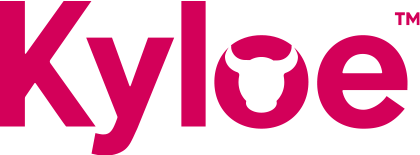-
Solutions
-
Data quality
Kyloe DataTools for Bullhorn data managementDocument automation
Kyloe AwesomeDocs for BullhornKyloe AI for Bullhorn
Recruitment AIOnboarding and scheduling
Kyloe Connect for BullhornTemplated communications
Kyloe WorkflowDocument automation
Kyloe AwesomeDocs for Bullhorn Recruitment Cloud
-
-
AI for Bullhorn
-
Implementations
-
Contact













